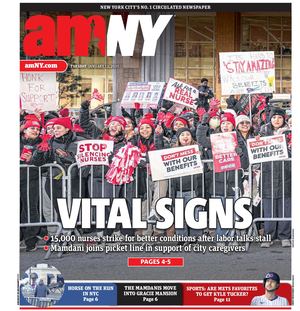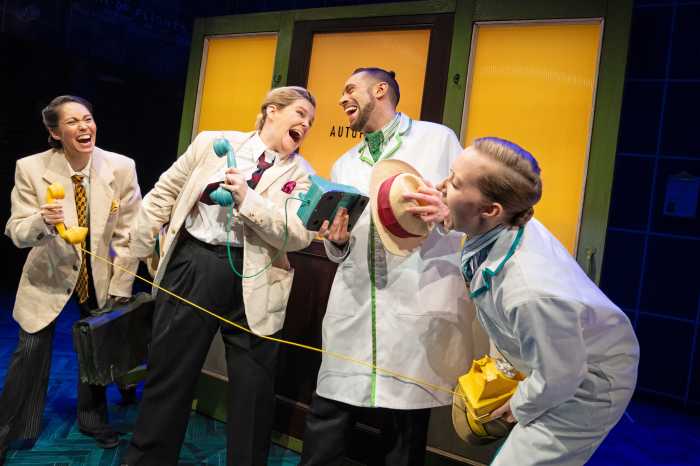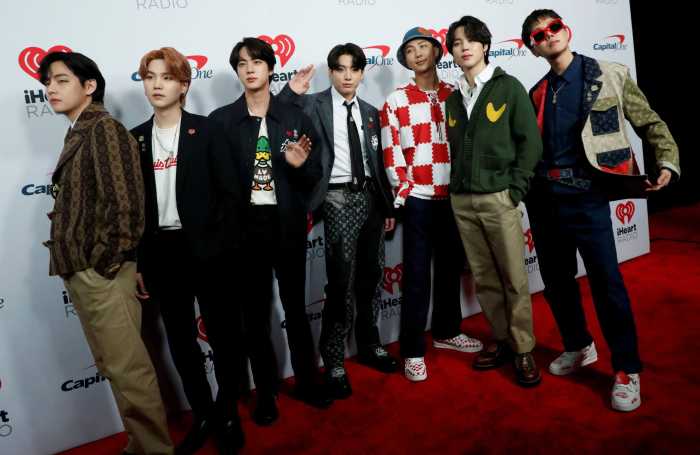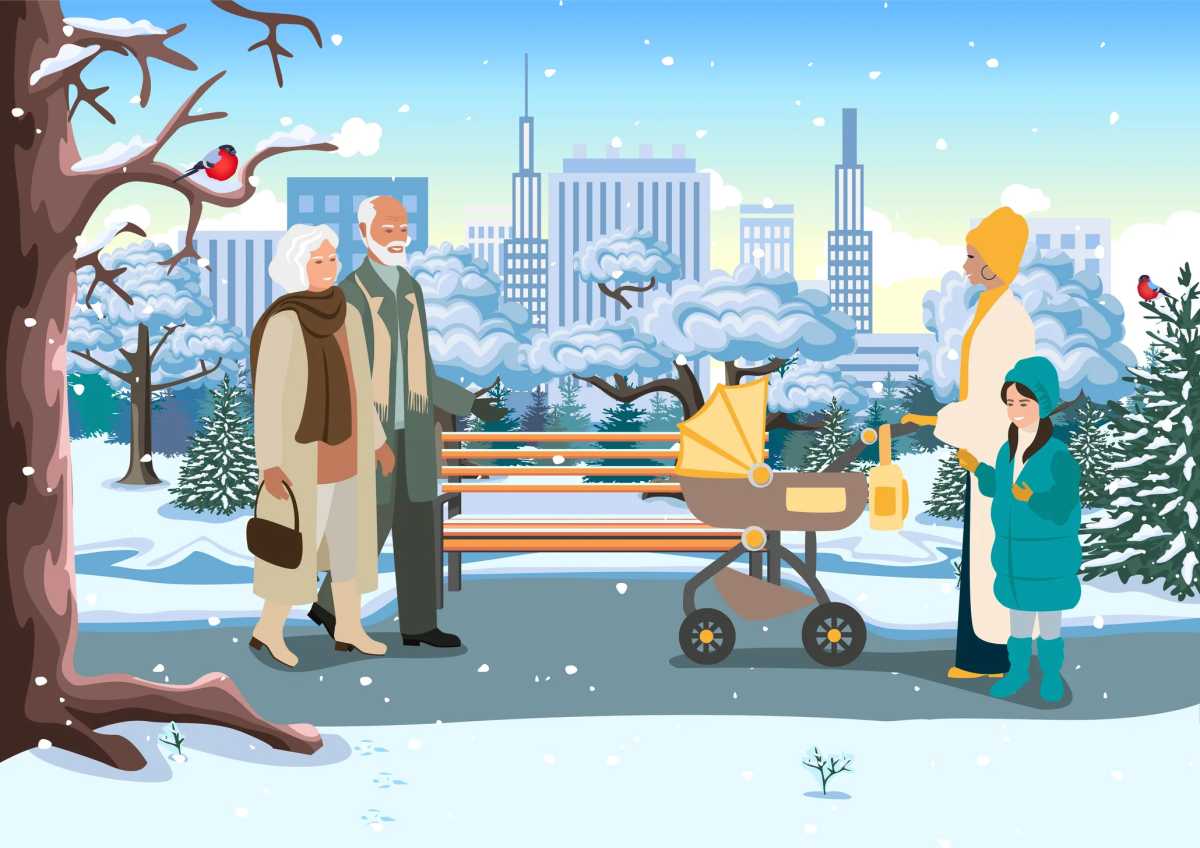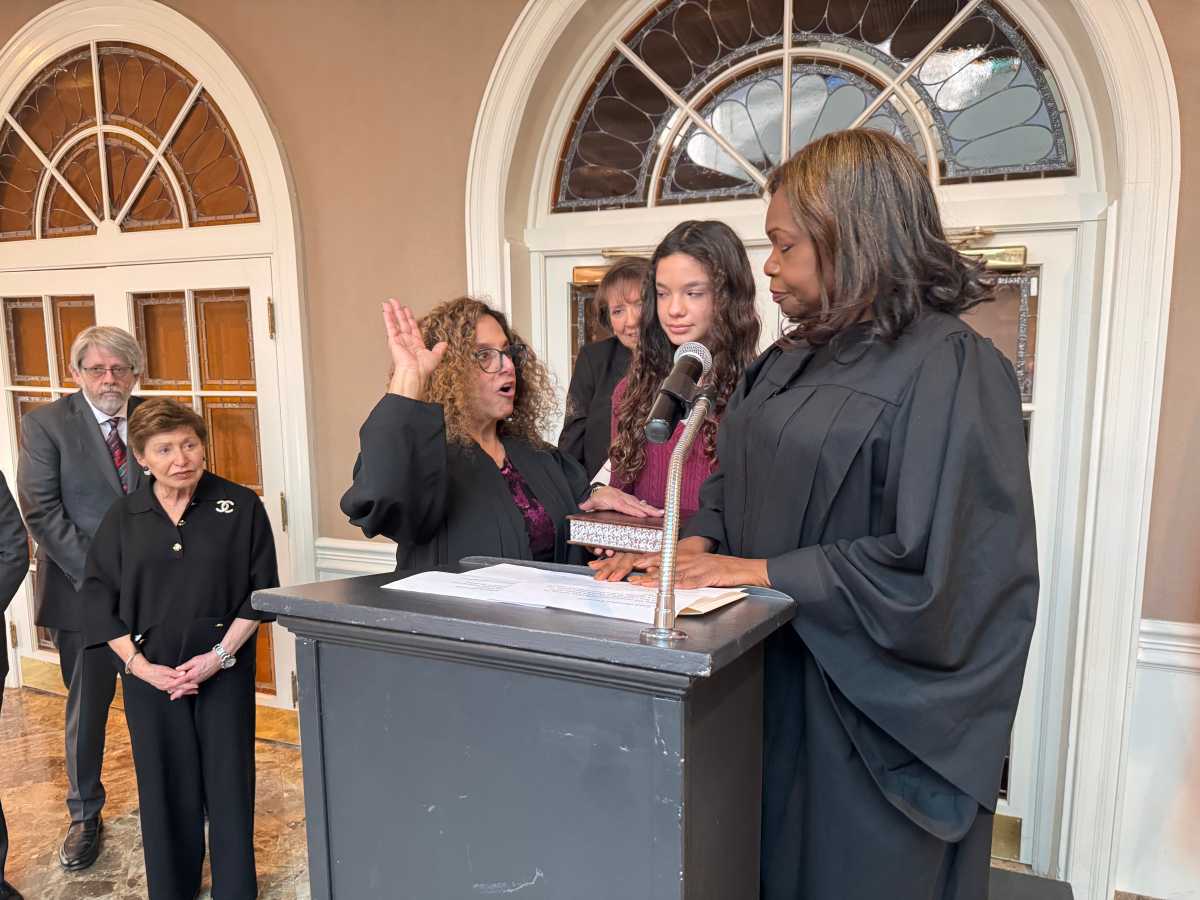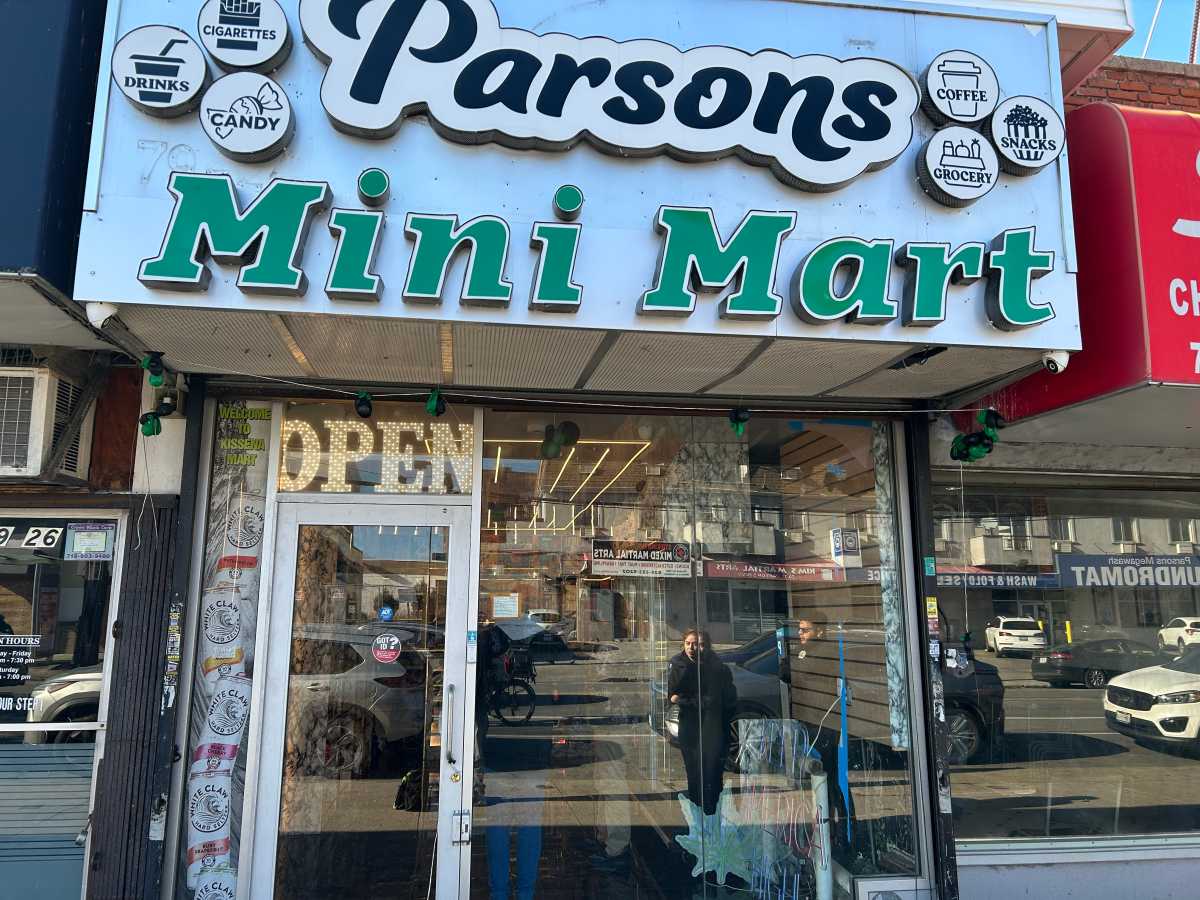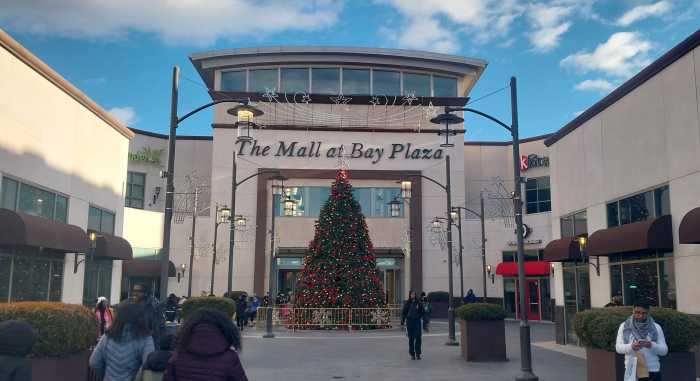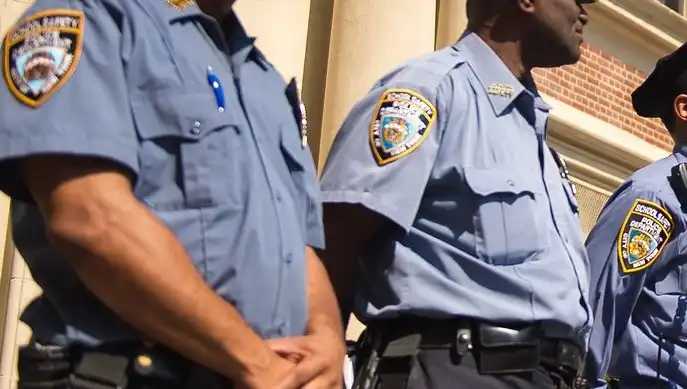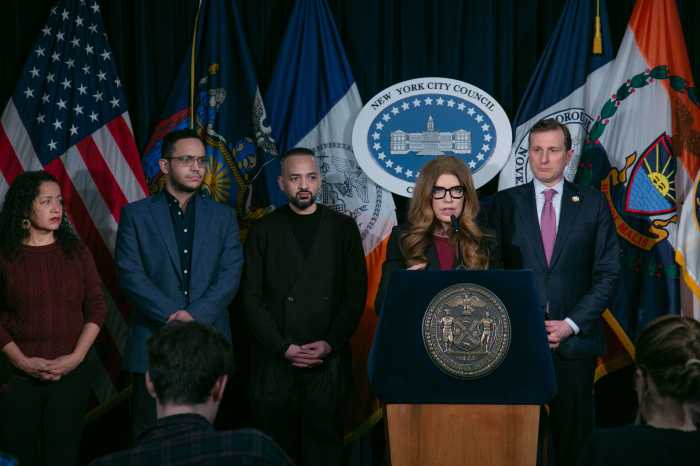At its worst, the horror genre is filled with clichéd gags and gratuitous torture, but when it’s at its best it looks a lot like director David Gordon Green’s tension-filled "Halloween." The 2018 "Halloween" fast forwards 40 years from the 1978 John Carpenter story for an original chapter as we witness a powerful reckoning from Jamie Lee Curtis’ Laurie Strode. In this updated story, the director/co-writer focuses on the iconic character’s history of trauma as a centerpiece for a compelling take.
With Curtis’ return, we see Laurie grappling with PTSD as she ultimately gets one last try to go head to head with the villainous Michael Myers in a way that feels liberating and authentic to our present time.
And while the film has fun with familiar horror tropes — which will please fans of the franchise — the deeper narrative into Laurie’s story makes this film stand on its own.
Green spoke with amNewYork about his take on the iconic series.
You’ve done such diverse work in your career. You don’t shy away from any genre. How do you decide what to gravitate toward?
After I spend time and head space with a group of people, I usually want to shake it up and do something different. It’s such an organic path — when "Pineapple Express" came up, I had just gotten finished making four dramatic independent films and everyone thought it was so weird, but I said, “Wouldn’t you want to laugh, too?” Why not just learn about stunts and beats of comedy? It was a great adventure. For "Halloween," I was coming off of making “Stronger,” which is about the Boston Marathon [bombing] and in many ways I was exploring post traumatic stress in a narrative and random acts of violence but then this seemed like a way to segue into a movie that felt more “genre.”
It feels like that kind of multidimensional storytelling is having a resurgence in horror right now.
Yeah, and you don’t feel like you’re taking something grotesque for the sake of offending people or shocking them. If you invite them into a narrative with substance, you can still have the same amount of fun and tell a story rather than gross everybody out, that’s my idea of it.
How was your approach to tackling the mystery of Michael Myers?
I wanted to know nothing about him. To fully realize what we were dealing with you had to know that there’s no personality, there’s no consciousness, there’s no appetite, in its simplest form he’s the essence of evil in its arbitrary random nature. I wanted him to be nothing — I didn’t want to see his eyes. If you see someone’s eyes there’s no way not to feel some kind of emotional thing … no matter what atrocious acts that he’s done, there’s a human there that rattles me. So, I didn’t want to ever know him.
The film focuses on trauma, specifically the trauma endured by Laurie Strode as we see her with PTSD. Was that always a significant part you wanted to explore?
Yeah. [Co-writer] Danny McBride said it first in the room, “Let’s just meet Laurie and she’s paranoid, and has armed herself to the teeth and she’s ready for anything.” That’s the Laurie Strode I was curious about.
What were those initial conversations with Jamie Lee Curtis like? Was it always obvious that she was going to sign on or had an interest in reviving her?
I was very nervous and had a backup plan where I said, “Maybe I can design something where she only comes in for a couple of days." I’m always very insecure when I’m passionate about a character that I have a blueprint on page to appeal to a great talent. It’s always nerve-racking to go in almost as a salesman. [When Jamie read the script] she said, “You’ve created a ‘do as I say’ Laurie.” In the usual Halloween films she tells the kids [Tommy and Lindsay] to get out of the house to go call the police. There’s a moment where she has this confidence and subconsciously we’ve connected that to the Laurie we need in 2018. We’re meeting 40 years of that “do as I say” mantra.
We’re in a specific time right now where we are seeing the rise-up of women taking back their power from their abusers. I think Laurie’s arc speaks to that in a way that people will relate to.
I hope so. It wasn’t intentional. I’m just a guy that grew up with three strong-minded sisters, and I like to work with great talent. In here, we found ourselves in an unconscious exploration in the architecture of it, engineering these three generations of women, all of which, were characters we admired. Watching how they, each in their own way, come of age through our film — and that was our only goal. We started shooting this in January of this year, and it was a pretty hot time and there was a lot of undercurrent. We were in South Carolina making a movie and opening up a headline of what’s going on in the world was often distressing but in some ways, it was an opportunity for empowerment.
THE HALLOWEENS THAT CAME BEFORE
- "Halloween" (1978): The John Carpenter original remains an eternal horror classic, one of the finest examples of the genre ever made, a movie that can be fairly said to have revolutionized it forever.
- "Halloween II" (1981): Jamie Lee Curtis and Donald Pleasence return as Laurie Strode and Dr. Sam Loomis, as does Michael Myers, for this sequel. But Carpenter gives up the director’s chair.
- "Halloween III: Season of the Witch" (1983): It’s the only "Halloween" without Michael Myers and its much more of a sci-fi/horror movie than a slasher flick.
- "Halloween IV: The Return of Michael Myers" (1988): The masked killer is back, targeting Laurie Strode’s niece Jamie Lloyd.
- "Halloween V: The Revenge of Michael Myers" (1989): Myers is still after Jamie Lloyd.
- "Halloween: The Curse of Michael Myers" (1995): How does the curse of Michael Myers differ from his revenge, you ask? He stalks a different woman. Also, Paul Rudd is in this movie.
- "Halloween H20: 20 Years Later" (1998): Curtis is back as Laurie Strode and Myers tracks his sister to a California boarding school, where she is head mistress.
- "Halloween: Resurrection" (2002): The franchise enters the internet age in earnest, as Michael Myers is apparently murderously angered by a live internet broadcast in his home.
- "Halloween" (2007): Rob Zombie offers the franchise reboot nobody was asking for from a critical standpoint, although it sure did well at the box office.
- "Halloween II" (2009): Zombie offers the sequel to the franchise reboot that, again, nobody was asking for.
